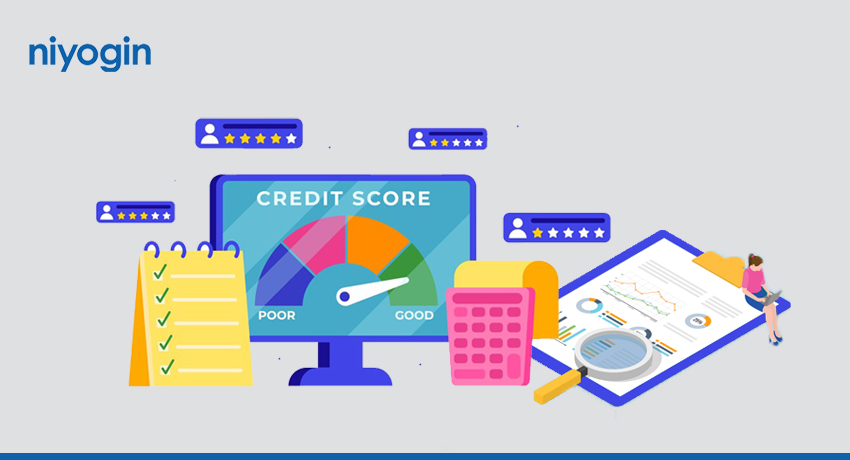Technology’s increasing pervasiveness and the growing call for financial inclusion are driving a rapid transformation of the Indian lending sector. The crucial roles of credit scoring and risk assessment are at the center of this evolution. After relying primarily on credit bureau data for a long time, the industry is now adopting a new paradigm that includes advanced analytics and alternative data sources in order to better assess borrowers.
This shift is driven by several factors, including:
- Limited Credit History: A substantial portion of India’s population, especially in rural areas, lacks a formal credit history, which complicates the ability of traditional credit scoring models to assess their creditworthiness accurately. This gap in credit history creates barriers for many individuals seeking access to financial services.
- Growing Demand for Financial Inclusion: The Indian government is strongly committed to enhancing financial inclusion and ensuring that credit is accessible to all segments of society. Leveraging alternative data sources and AI-powered tools is crucial for expanding credit access to those traditionally excluded by conventional banking systems. These innovations can bridge the gap and offer more inclusive financial opportunities.
- Evolving Regulatory Landscape: The Reserve Bank of India (RBI) has introduced regulations designed to foster the use of alternative data in credit scoring. These regulatory measures are intended to drive innovation in the credit industry and make the credit scoring system more inclusive, ensuring that a broader segment of the population benefits from more comprehensive and equitable credit assessment methods
From Traditional to Transformative
A pivotal shift is underway, marked by the increased adoption of alternative data sources such as mobile phone usage, social media activity, and utility bill payments. These data, combined with the power of advanced analytics and machine learning, are enabling the development of more sophisticated credit scoring models that can accurately assess the creditworthiness of a broader population, including those with limited credit history. Regulatory initiatives like the RBI’s regulatory sandbox are fostering innovation by providing a controlled environment for lenders to experiment with new technologies and data sources. Moreover, the rise of open banking is facilitating the seamless sharing of customer data between banks and fintech companies, enriching the data pool available for credit assessment and ultimately enhancing the overall lending ecosystem.
These trends are expected to make credit scoring and risk assessment in India more accurate, efficient, and inclusive. This will not only benefit lenders by reducing their risk of bad loans but also benefit borrowers by making it easier for them to access credit.
As the industry continues to evolve, it is imperative to strike a balance between innovation and responsible lending. Robust data privacy and security measures, coupled with ethical considerations, will be paramount in building a sustainable and trustworthy credit ecosystem. The future of lending lies in the intelligent and responsible utilization of data to empower both borrowers and lenders.
